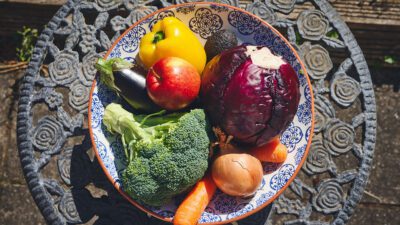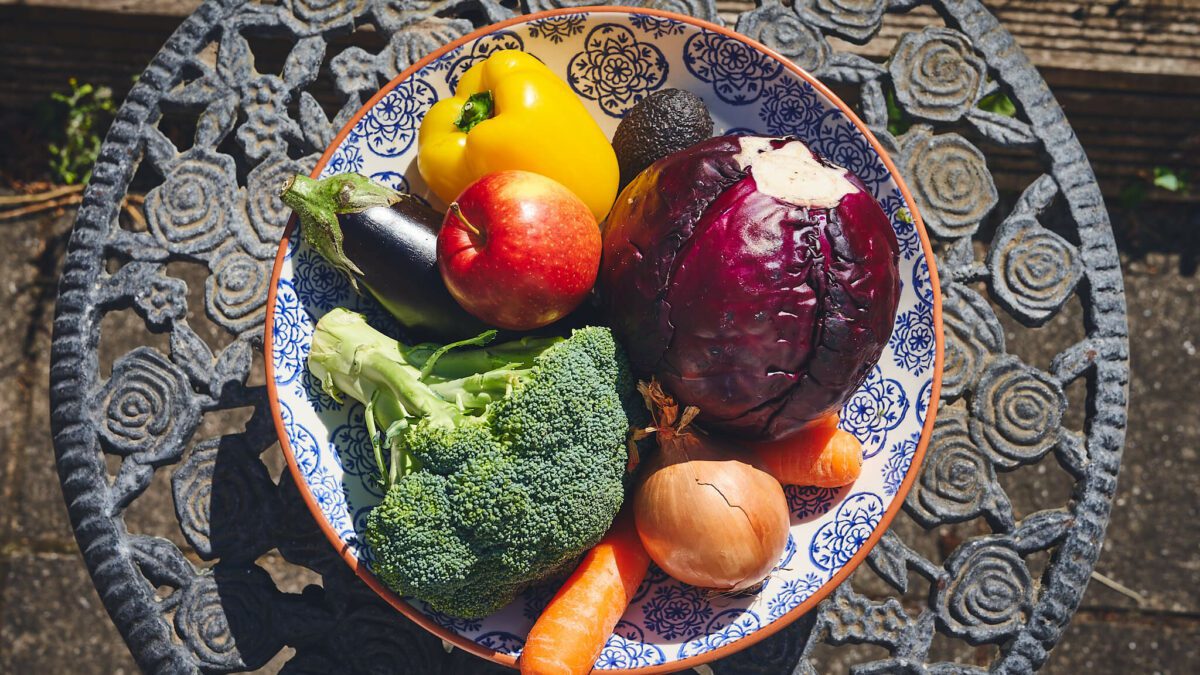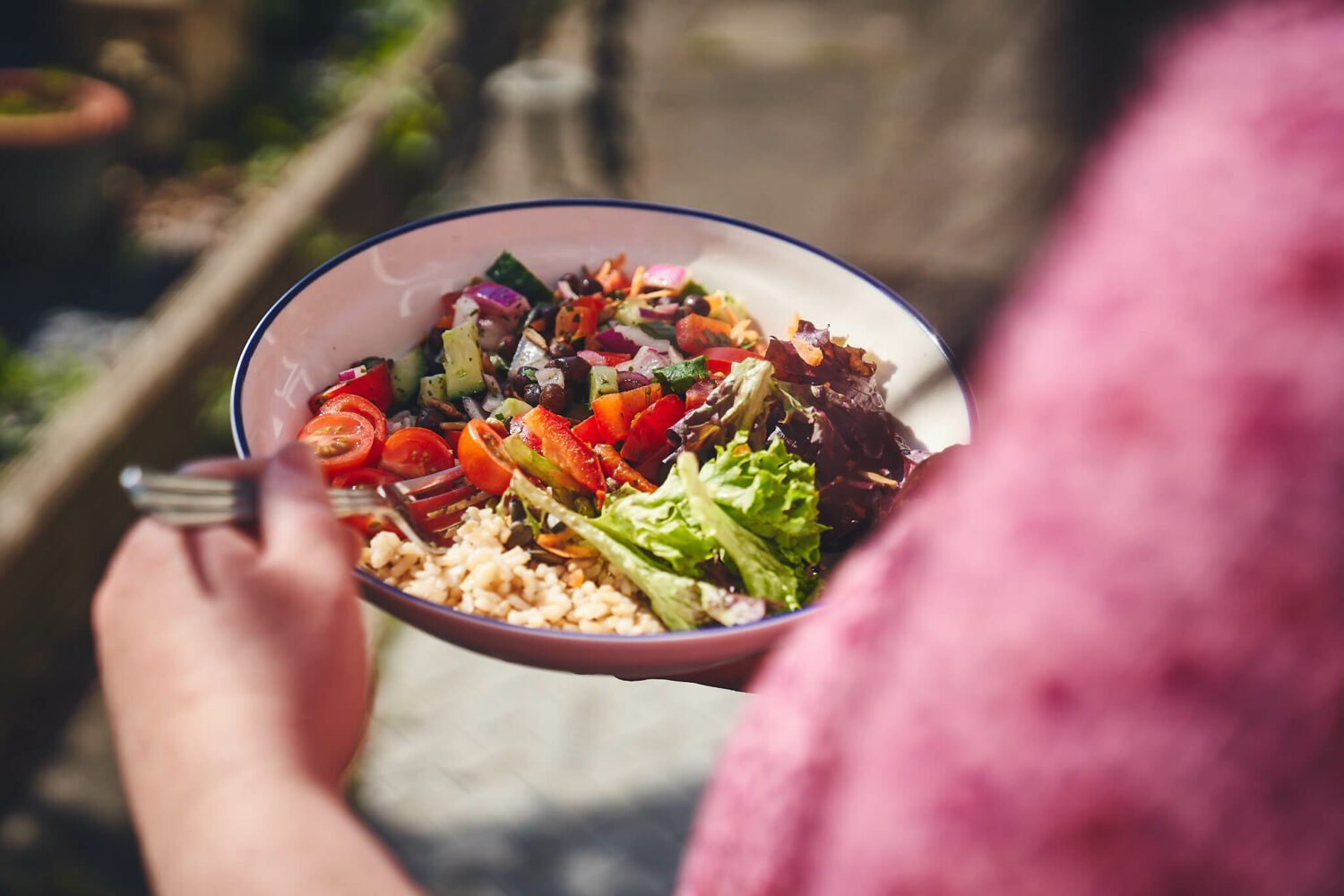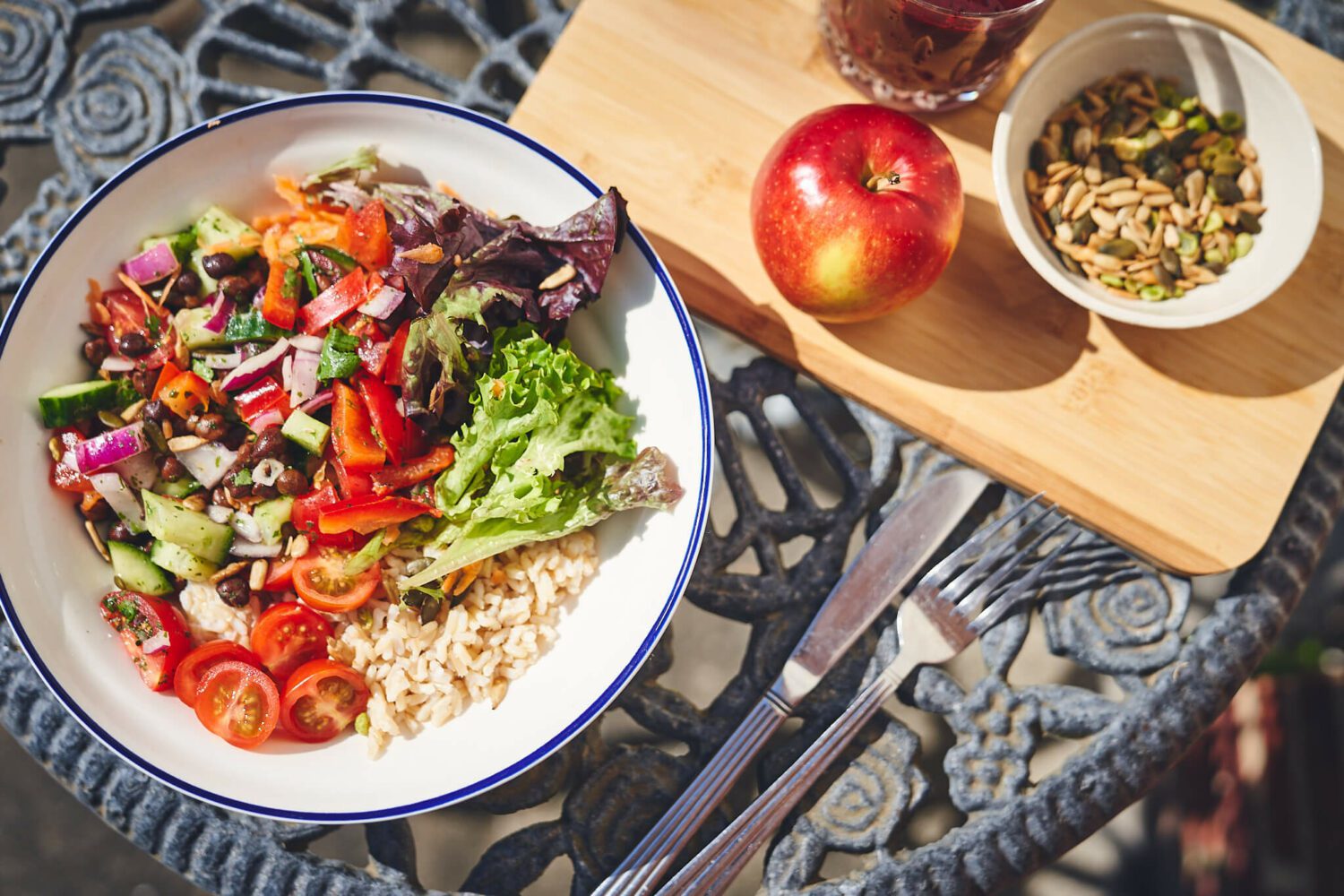

Eating to Reduce your Carbon Footprint
The environmental state is forever increasing and looking at areas such as the food we consume can be a good way to start helping in reducing this impact.


The environmental state is forever increasing and looking at areas such as the food we consume can be a good way to start helping in reducing this impact.
Switching to a plant-based diet can help fight climate change because animal products tend to have a higher carbon footprint than plant-based. For example, producing a kilogram of beef emits 60 kilograms of greenhouse gases while the same weight of peas emits just 1 kilogram1. This doesn’t mean we need to all go vegan.
A large proportion of the population reducing their meat and dairy consumption a little is going to have a much bigger impact than a small proportion of the population giving them up completely. So, think about what proportion of your diet is currently plant food and try increasing that bit by bit in a way that is realistic for you. For example, you might decide you still want ordinary milk in your tea but are happy to use plant milk such as oat or soya when cooking. When you do eat meat buy the best quality you can afford. Look for labels such as ‘organic’, ‘RSPCA assured’ and ‘Pasture for Life.’
This reduces the amount of energy that is needed to transport and store food. As well as the environmental benefits, locally grown food is likely to have a higher nutrient content as it hasn’t spent as long in transport and storage. Buying locally grown food does mean that you are somewhat limited to what’s in season (see next point!).

This may require a bit of a mindset change as we are so used to having all types of fruit and veg in our supermarket all year round. We forget that when we eat an apple in April, it has either been sat in cold storage for 6 months or more likely, come from the other side of the world. When you shop, look at the labels to see where food has come from.
Do you really need to eat asparagus in October, given that it will have been flown in from South America? There is a certain joy to be had in not having every food at our fingertips all year round and instead relishing the emergence of each new crop, appreciated all the more because it will soon be gone again. Not sure what’s in season? This website will tell you: eat the seasons.
Most of us are getting quite good at separating our waste and recycling wherever possible however an even better option is to reduce the amount of waste we produce in the first place. Many stores are beginning to provide refill stations for staple foods so that you can bring along your own container and refill it. Buying your fruit and veg from a farm shop or greengrocers rather than a supermarket will also result in a lot less plastic wrapping.
The use of plastic is an important contribution to transitioning to an environmentally friendly lifestyle. Plastic wrapping, plastic bags and plastic storage containers are commonly used by consumers and the food industry to pack, ship, store and transport food. Any way people can start working to reduce the demand for this will help improve environmental sustainability.
Over 10 million tonnes of food is wasted in the UK annually. Food that’s thrown away decomposes in landfills and emits methane, a potent greenhouse gas. Take the time to plan your meals and only buy as much food as you need. Freeze anything you can’t eat while it’s fresh and save any leftovers to get creative with the next day.
If eating to save the planet all seems a bit too complicated there’s an app that can help. The impact score helps simplify the process of finding sustainable and healthy products in UK supermarkets. Just scan the product’s barcode to see what badges that food has earned. Badges include ‘low carbon footprint’ ‘UK made’ and ‘sustainably sourced palm oil’.

Reducing the consumption of dairy products including both milk and cheese is another way you can reduce your carbon footprint. Dairy products are considered a large contributing factor to individual greenhouse gas emissions on a similar scale to meat. Cattle manure is a factor in this by increasing greenhouse gases such as methane, carbon dioxide, nitric oxide and ammonia.
To work on reducing your impact on carbon footprint, cutting back on your dairy intake and replacing this with plant-based alternatives can be a great place to start.
Reducing your carbon footprint has become increasingly important in recognising and trying to make a difference. The environmental state is forever increasing and looking at areas such as the food we consume can be a good way to start helping in reducing this impact. If you are passionate about understanding how to reduce carbon footprint and educating others on how to do this studying a Nutrition Course can be a great way to learn.